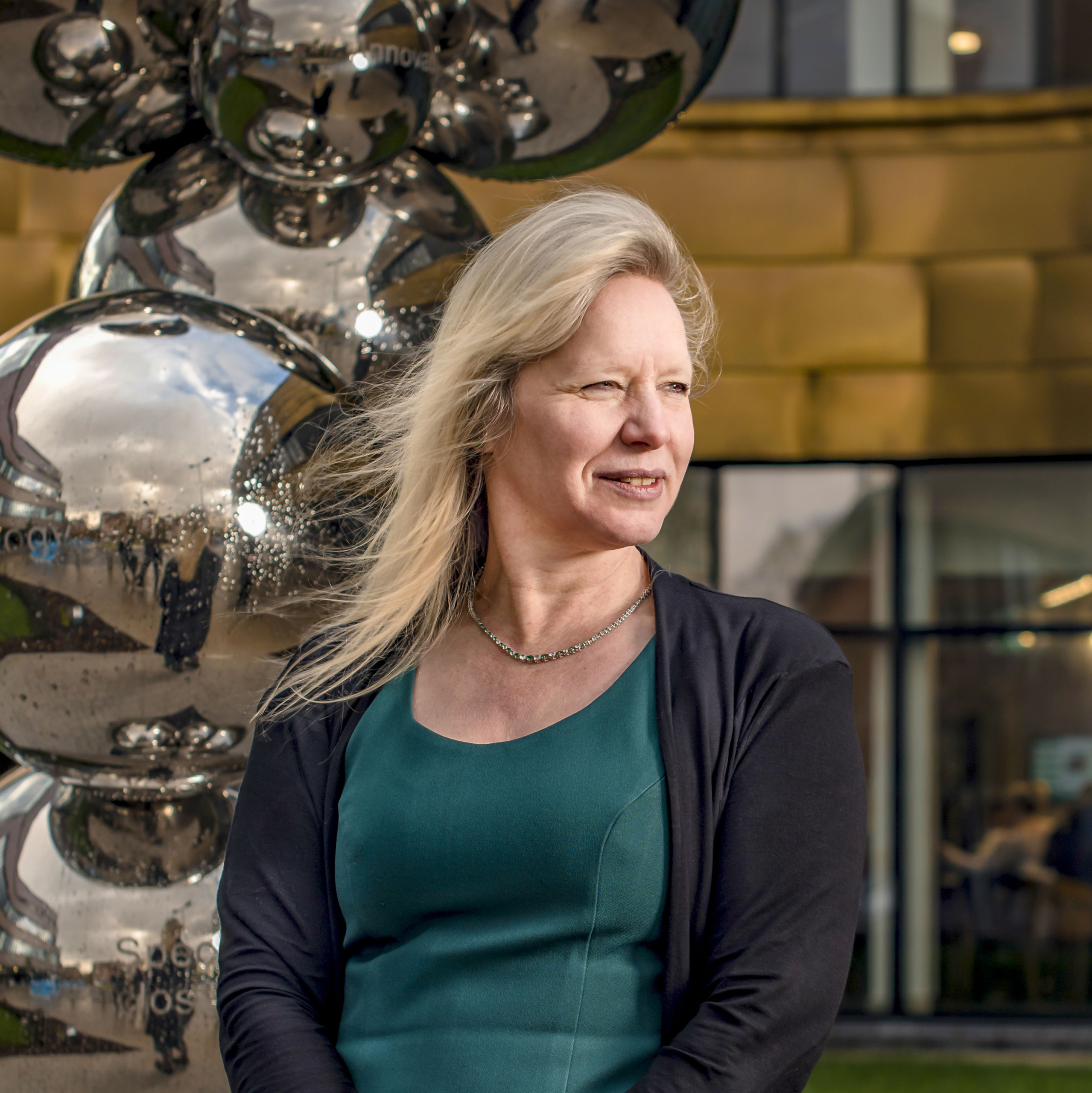The National Proton Biology Research Hub leverages the infrastructure at The Christie NHS Foundation Trust through the proton beam therapy centre to provide current in-vitro high-throughput proton and FLASH proton irradiation and build our capability in in vivo proton beam therapy.
At a Glance: The National Proton Biology Research Hub
The Proton Research Hub leverages facilities at the UK’s first NHS Proton Beam Therapy (PBT) Centre at The Christie and the only UK NHS facility with a dedicated Research Room located in the fourth clinical gantry space. A fully operational and commissioned pencil scanning beamline delivers high energy protons to various interchangeable ‘end-stations’ including the world’s largest hypoxia cabinet with integrated robot arm for high-throughput irradiation of in vitro samples.
Work undertaken using these facilities will address the hypothesis that protons elicit a different biological, immunological and DNA response compared to photons. Researchers are studying the biological mechanisms that underpin proton FLASH radiotherapy (very short ultra-high dose rate ionising radiation shown to spare normal healthy tissues), and working on new multi-disciplinary collaboration with colleagues at Geoffrey Jefferson Brain Research Centre. The design, procurement and implementation of a second in vivo beamline is now underway.
The design, procurement and development of a pre-clinical proton FLASH beamline is now also underway, aiming for the first experiments to be conducted by 2025.
Research Questions: National Proton Biology Research Hub
By working with other researchers across Manchester, our researchers are seeking to answer key questions that will help improve our understanding of how to use this new technology to deliver new clinical trials and improve pre-clinical research. Examples of the research questions being addressed through this theme include:
- Define the parameter space and explain mechanisms under-pinning the FLASH effect in tumour and normal cell lines and tissue.
- Develop a state-of-the-art beamline for pre-clinical research at both conventional and FLASH dose rates.
Navigation
About CRUK RadNet Manchester
Cancer Research UK RadNet Manchester is a Radiation Research Unit in collaboration with The Christie
RadNet Facilities and Infrastructure
CRUK RadNet Manchester benefits from the existing infrastructure and facilities within Manchester across the various strategic partners of the CRUK Manchester Centre.
AHP Doctoral Academy
Providing training and development for Allied Health Professionals (AHPs) including radiographers.
Radiotherapy and Immune Cell Interactions
Discover research investigating the immunological consequences of radiotherapy, including immunotherapy and radiotherapy combinations.
Treating Complex Comorbid Patients
Discover how we are working to understand the mechanisms of the most common and detrimental side effects of radiotherapy, and how these are influenced by medications or conditions in a patients life.
Tumour Microenvironment and Genetic Instability
Discover research in RadNet Manchester aiming to improve understanding of intra-tumour heterogeneity, radioresistance and metastasis.
Clinical Informatics Hub
Discover how this hub supports the capture, storage and use of routine real-time, real-world clinical outcomes to inform future research.
Translational and Early Phase Radiotherapy Trials Hub
Discover how we provide the support and translational research expertise to integrate biomarker science into the development of phase one feasibility studies.















